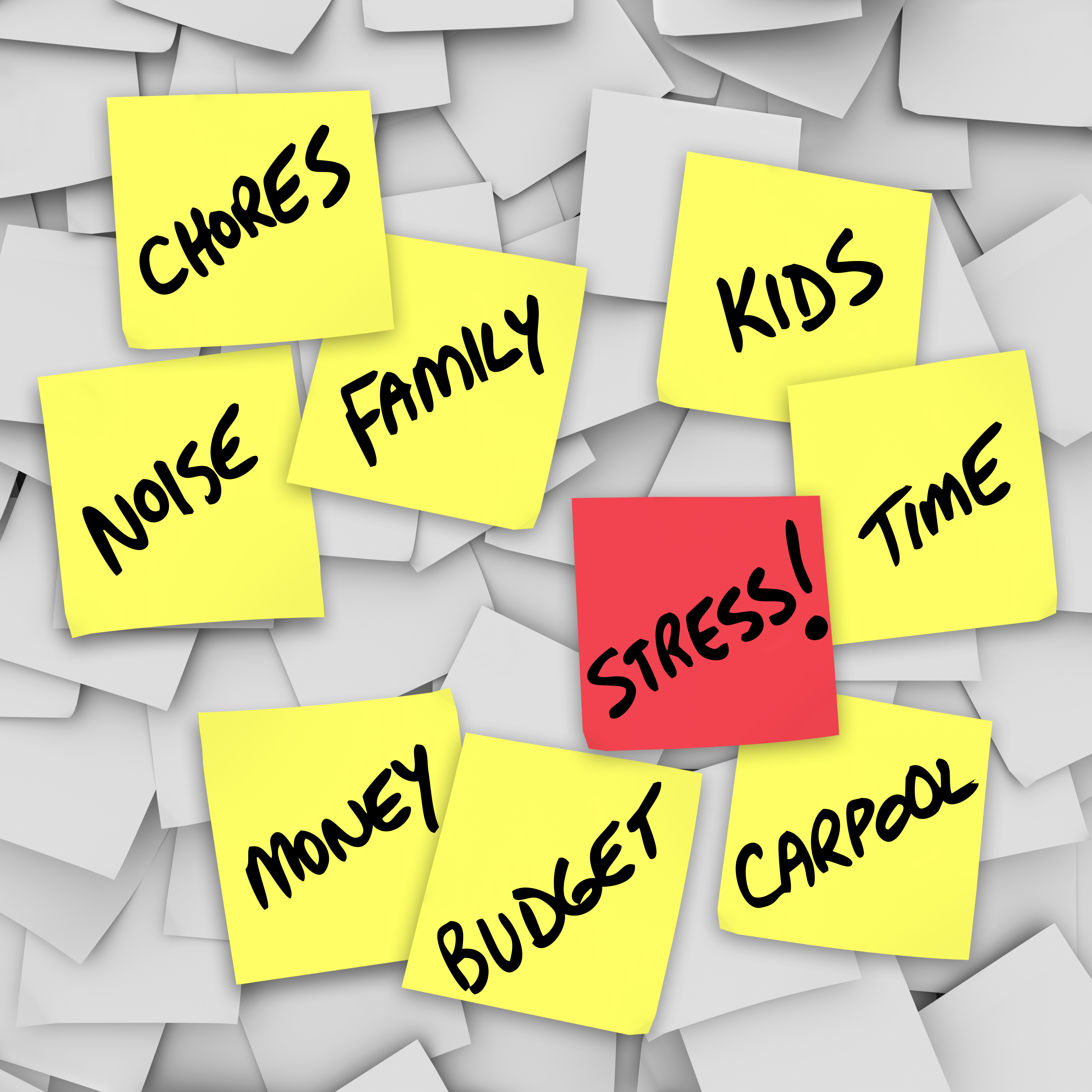Stressful events are a part of modern life. We acknowledge the role stress plays in our lives, and sometimes even equate it with success: Ever bragged about working 60-plus hours a week to complete a project? Or being so invaluable that you have to take calls during your vacation? Stress has its purpose — like when you have to slam on the brakes to avoid a collision or whip your hand away from a hot stove to avoid a burn. But what happens when there is too much stress in your life?
Stress surges and blood sugar
In a tense situation, stress triggers the sympathetic nervous system. This response quickly raises the body’s source of energy — glucose (blood sugar)— to help either fight the danger or flee from it. This comes in handy when we are faced with a physical threat that might result in a life-or-death situation. But our bodies cannot discern between being chased by a bear and dealing with the morning commute.
The surge in glucose gives the body its best chance of surviving the threat by giving cells more energy to run or fight (or both). But when the body does this in reaction to regular, repetitive stress, too much glucose begins flooding the bloodstream. Over time, if your glucose levels stay at a constant high level in your bloodstream, it can lead to prediabetes or even diabetes.
Physical threats to survival were greater for early humans. Today, very few daily stressors require us to fight or flee. So reducing the frequency of these episodes of stress can, in turn, help keep your blood sugar at a healthier level.
Stress, food, and fatigue
Stress plays a role in lifestyle choices. It leads many people to seek out certain foods — generally high-carb, high-caloric fare. “Comfort food” is called that for a reason; it’s commonly associated with soothing emotions. However, those foods also generally raise blood sugar, so too much “stress eating” can open another route to the development of prediabetes.
Chronic stress can also be associated with fatigue and depression, which in turn may cause people to become less active and lead more sedentary lives. An inactive lifestyle is also detrimental to blood sugar regulation as the more we move, the more glucose is expended.
Ways to de-stress
There is no right or wrong way to relax. Some people need to be quiet and alone, while others find the best way to decompress is to blow off steam around others:
- Shift Viewpoint: Although little can be done in modern-day society to limit traffic or work deadlines, shifting your viewpoint can help lower stress. You may not be able to change the world, but you do have the ability to change your reaction to the situation at hand. Start by visualizing how you can reframe stress-inducing situations into something neutral or positive. Does the presentation you have to give at work need to be a nerve-wracking exercise in anxiousness? Instead, try to frame it as fun opportunity to fill your team in on what you’re working on and are passionate about.
- Movement: Do you usually feel better after a walk? Ever noticed how a run helped you figure out the solution to a problem? Injecting physical activity into your day can help relieve stress, and this does not have to mean marathons or arduous hikes. Even short bursts of activity prove beneficial. Movement relieves muscle tension, facilitates deep breathing, and releases endorphins, the neurotransmitters that make you happy — all factors in decreasing stress.
- Ignite the Relaxation Response: Whether through deep breathing, yoga, visualization, or anything else that calms the mind, the relaxation response counters stress. It helps to calm down both the body and the brain, especially that inner chatter that can compound stress.
- Find Your People: The emotional support that comes with being part of a group can reduce tension and help with long-term positive health outcomes. Whether it is a support group close to your home or reaching out to family and friends via social media, human interaction eases stress as well as loneliness (as we’ve all experienced while sheltering-in-place).
Bottom line, one of the best actions to take in terms of staying happy and healthy is to find ways to de-stress regularly. Finding what works for you, and when, can play a crucial role in regulating your blood sugar level and maintaining a healthy lifestyle.


